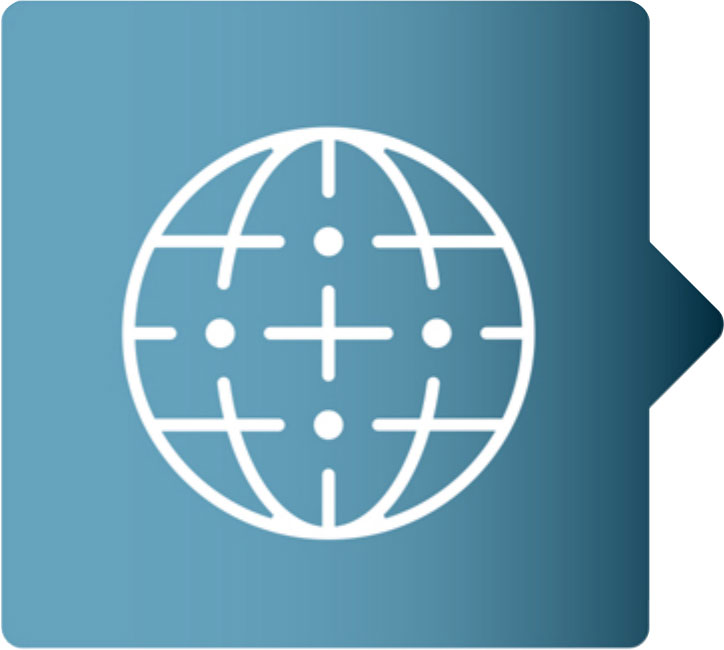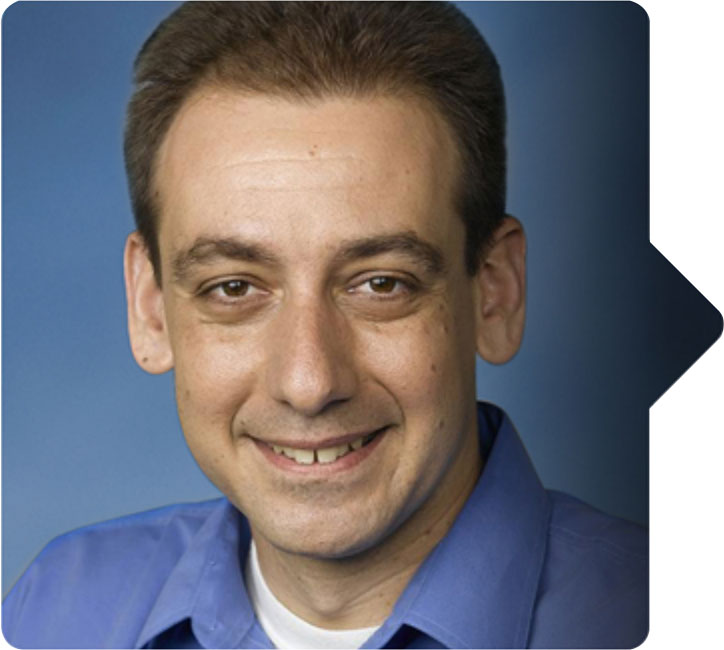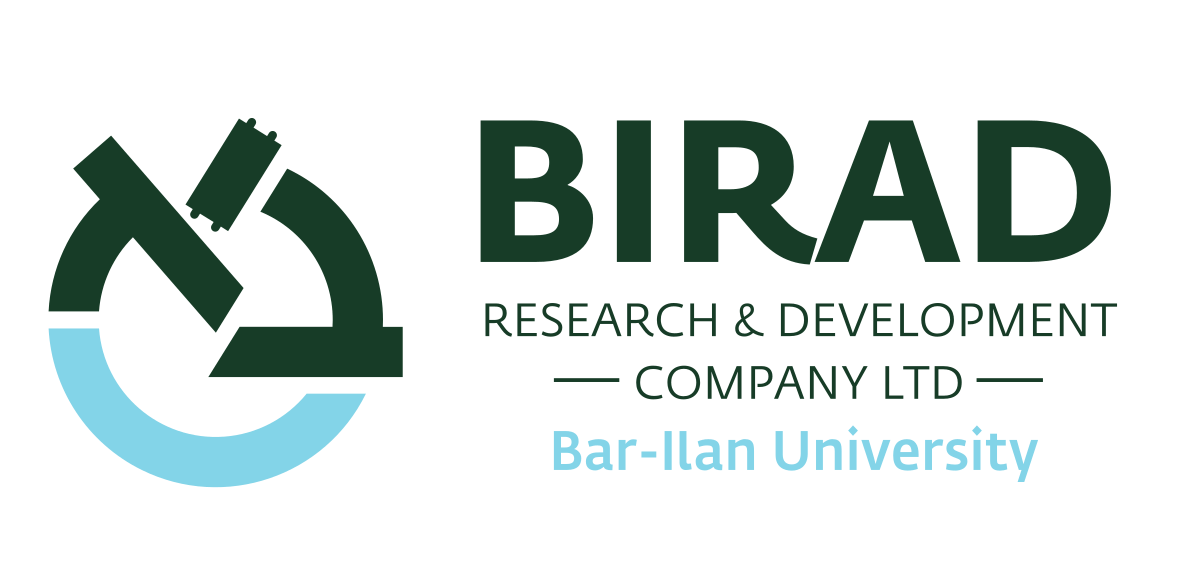DISTRIBUTED FIBER OPTIC SENSING USING GUIDED ACOUSTIC MODES

An Alternative to Standard Fiber Optic Sensors

The Problem
Optical fibers serve as excellent sensing platform. However, the sensing of chemicals using standard fibers faces an inherent challenge. Light is confined to the inner core, whereas the test media of interest are outside the boundary of the fiber cladding, and even its coating. Standard optical measurement principles, such as absorption, refraction, scattering, or fluorescence, all require spatial overlap between light and the substance under test. Hence they are inapplicable to standard fibers. Fiber-optic sensors for chemical analysis involve non-standard geometries, non-standard materials, and/or significant structural modifications of the fiber.

The Solution
Sensing protocol and system are proposed based on the Opto-Mechanical properties of the fiber. Light in standard fibers is used to stimulate the oscillations of guided acoustic modes of the entire fiber cladding. Unlike guided light, these modes span the entire cross-section of the fiber cladding and reach its outer boundary. Their oscillations are therefore affected by the properties of surrounding media. The acoustic waves are monitored by optical probe light, which is again confined to the inner core. The mechanical attributes of liquids outside the cladding can be inferred from the analysis of such opto-mechanical interactions.

The Commercial Benefit
The innovation supports distributed analysis over few km of fiber, with hundreds of resolution points. It is also applicable to the analysis of liquids outside fibers that are protected with suitable coating.

Market Potential
The environmental monitoring market is expected to reach USD 19.56 Billion by 2021, growing at a CAGR of 7.7% during the forecast period. Factors such as increasing number of government initiatives to control environmental pollution levels, increasing government funding for pollution control and monitoring, ongoing installations of environment monitoring stations, and growing initiatives for the development of environment-friendly industries are propelling the growth of the market.

Target Markets/Insdustries
- Oil and gas sector
- Desalination plants
- Chemical industries
- Leak detection markets
- Smart agriculture industry
- Irrigation monitoring markets

Intellectual Property
US patent application allowed (16/603,426)

Team: Primary Inventor
Prof. Avi Zadok
- Avi Zadok received the B.Sc. degree in Physics and Mathematics from the Hebrew University, Jerusalem in 1994 (cum laude), the M.Sc. degree in Electrical Engineering from Tel-Aviv University in 1999 (cum laude), and his Ph.D. in Electrical Engineering from Tel-Aviv University, in 2008 (with distinction).
- Prof. Zadok was a post-doctoral research fellow with the Department of Applied Physics, California Institute of Technology (Caltech).
- He joined the Faculty of Engineering and the Institute of Nano-Technology of Bar-Ilan University in 2009, was appointed an Associate Professor in 2013 and Full Professor in 2017.
- Prof. Zadok is a coauthor of more than 140 papers in scientific journals and proceedings of international conferences.

Future Research
The development of a instrument prototype, the enhancement of range, resolution and sensitivity, field trials.

The Opportunity
Companies are invited to license our patent through a licensing agreement with sponsored research.


Recent Comments